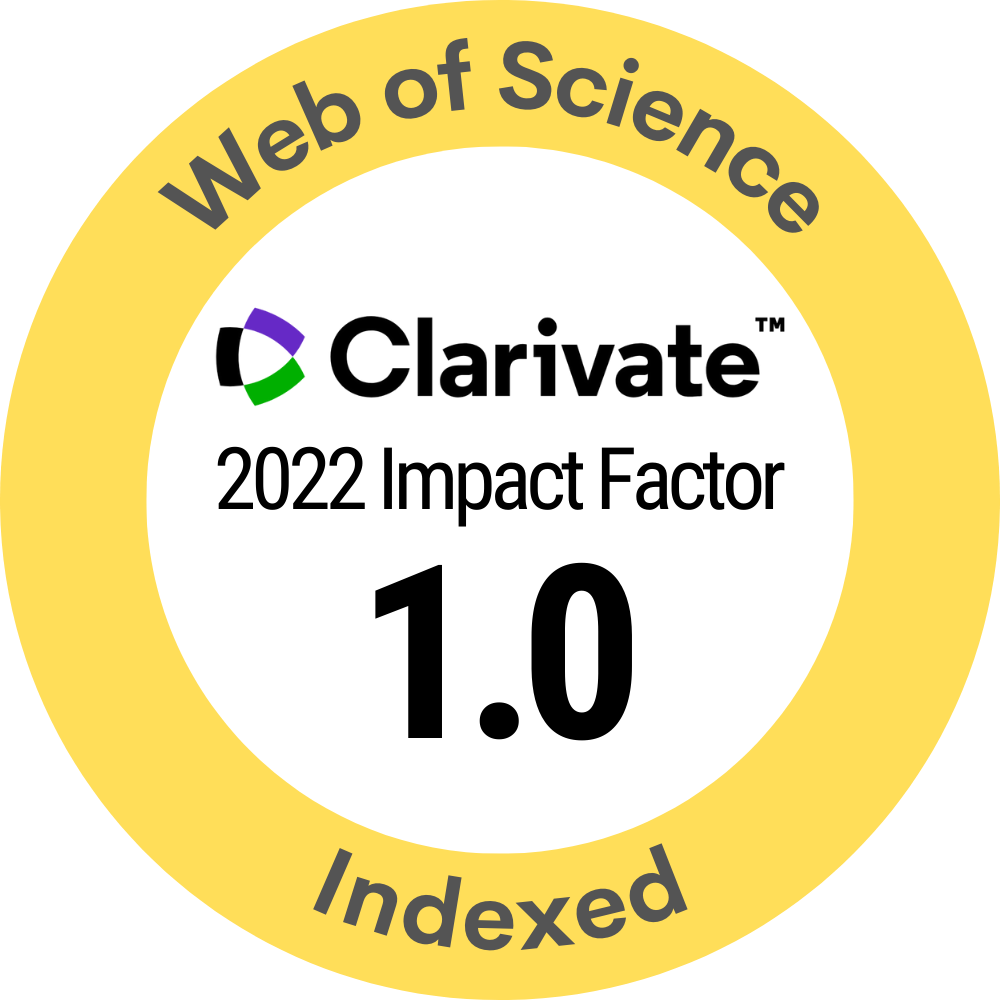Analysis of hydrogen enriched treble biofuel blended with diesel for performance, emission and combustion characteristics on CI engine
DOI:
https://doi.org/10.15282/ijame.14.4.2017.4.0365Keywords:
Bio-hydrogen, waste cooking oil biodiesel, palm biodiesel, treble blend and injection pressure.Abstract
The need of the hour is to look forward to alternative fuels to swipe out the dependence on fossil fuels, as biofuels from various feedstocks are being experimented worldwide. However, it is difficult to implement biodiesel from a single feedstock to replace the
existing fossil fuels. It is reliable to obtain biodiesel from local feedstock and to make multiple biodiesel mixtures blended with diesel. The present work relies more on biofuels and acts as a step towards fossil fuel-free engine or at least to snatch the lion’s share of
the fossil fuels. In this contest, the experiment was carried out by using treble biofuels i.e., WCOBD + PSBD + Bio-hydrogen at different injection pressures (i.e., 200bar, 225bar and 250bar) and compared them with a similar engine that utilised fossil fuel as the stand-alone fuel. The mixture ratios were B10, B20 and B30 and the enrichment of hydrogen was done at 4lpm, 6lpm and 8lpm. The results showed that the brake thermal efficiency of dual biofuel blended diesel decreased as compared to that of the base fuel and increased with hydrogen enriched biodiesel. Hence, the brake specific energy consumption decreased for the hydrogen enriched fuel and the exhaust emissions of CO and CO2 were reduced, however, NOx showed an increasing trend as usual.







